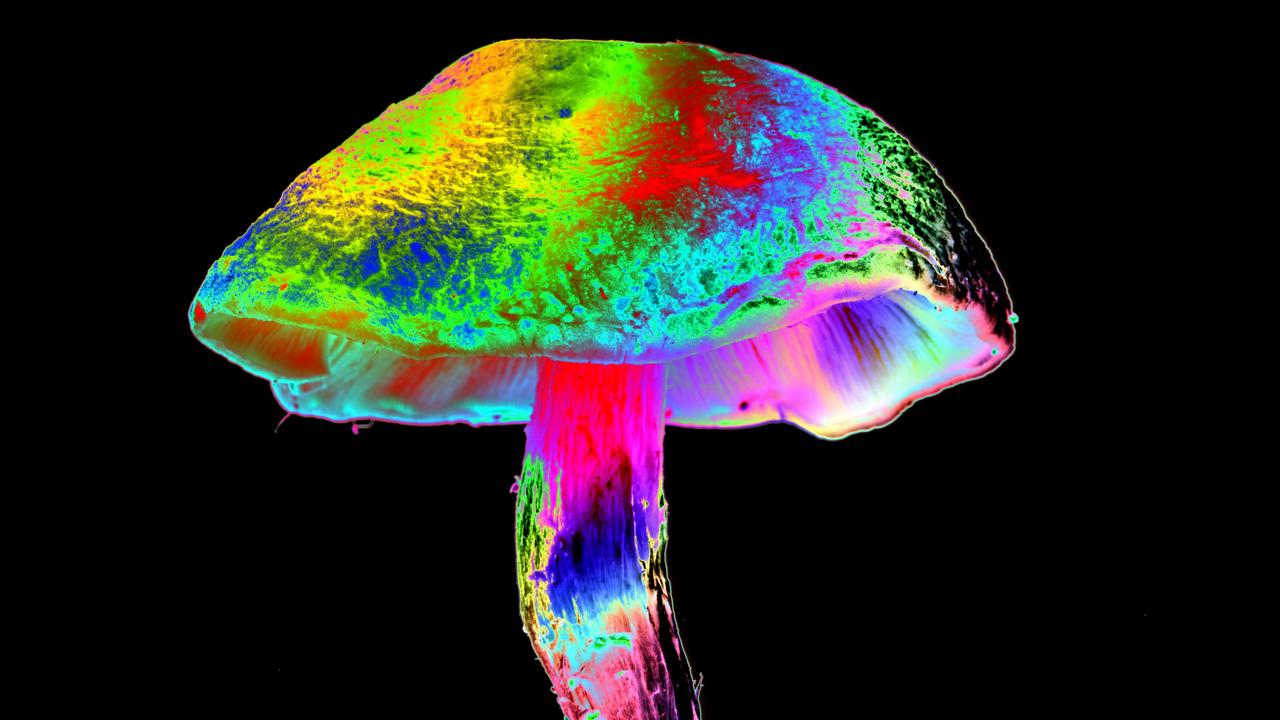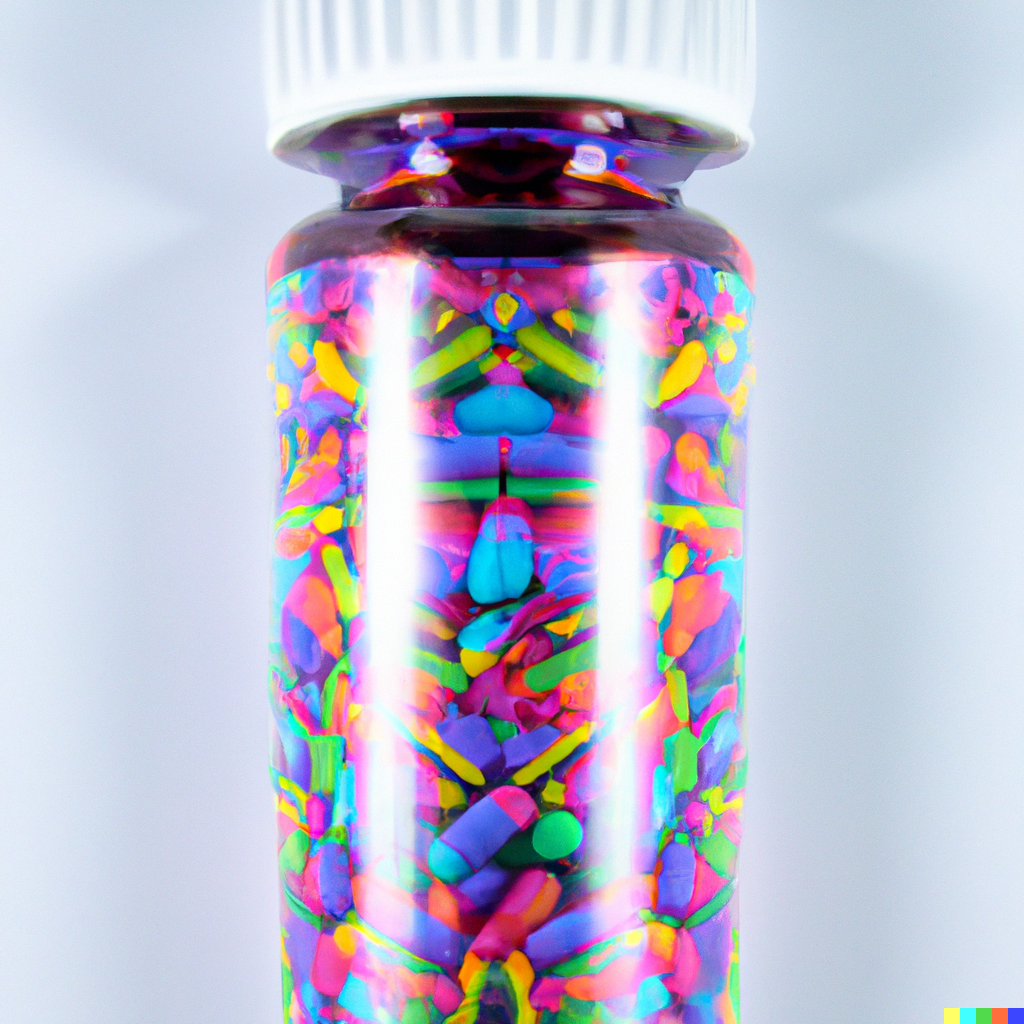Unveiling the Great Benefits of Psychotomimetic Representatives in Scientific Settings
Recent developments in the application of psychotomimetic agents, such as psilocybin and copyright, in clinical settings necessitate a closer examination of their healing advantages. What stays to be seen is exactly how these representatives can be incorporated right into established therapy standards while making sure individual security and efficacy.
Understanding Psychotomimetic Representatives
In medical setups, comprehending psychotomimetic agents is crucial for successfully managing their healing and unfavorable results. These agents, which consist of compounds like hallucinogens and particular dissociatives, can substantially alter assumption, mood, and cognitive procedures. A comprehensive understanding of their pharmacodynamics and pharmacokinetics is critical for clinicians, as these factors affect both the prospective advantages and dangers related to their usage.
Psychotomimetic agents primarily act on neurotransmitter systems, especially serotonin and dopamine pathways (About Golden Psycho). This communication can cause profound modifications in mental states and experiences, which may be beneficial in controlled healing contexts but can additionally precipitate damaging mental responses, such as anxiety or psychosis, if mismanaged. Therefore, a nuanced understanding of private person variables, including psychological wellness history and prospective medicine interactions, is critical

In addition, the legal and honest factors to consider surrounding using these representatives require mindful navigation within professional practice. As research study remains to explore their prospective benefits, it is essential for healthcare experts to continue to be enlightened about emerging proof, making certain that patient safety and notified approval stay at the center of any kind of therapeutic regimen involving psychotomimetic agents.
Therapeutic Applications in Mental Health
Amidst growing interest in alternative therapeutic modalities, psychotomimetic agents have actually become prospective treatments for different mental health conditions. Recent studies indicate that substances such as psilocybin and lysergic acid diethylamide (LSD) might supply substantial advantages for problems like anxiety, stress and anxiety, and trauma (PTSD) These agents appear to help with profound emotional experiences that can advertise emotional advancements and cognitive restructuring.
In clinical setups, psychotomimetic representatives are being checked out as adjuncts to psychiatric therapy, boosting restorative engagement and cultivating self-contemplation. Psilocybin has revealed appealing results in treatment-resistant depression, with people reporting continual improvements in state of mind and a reduction in signs and symptoms complying with guided sessions. In a similar way, research study right into the application of LSD in restorative contexts suggests that it can assist in easing stress and anxiety related to incurable disease, providing people with a sense of tranquility and acceptance.

Moreover, emerging proof recommends that these compounds might promote neuroplasticity, possibly helping in the recuperation of maladaptive idea patterns. As the preconception surrounding psychotomimetic representatives reduces, their integration into psychological health therapy standards presents an interesting frontier, requiring more investigation and scientific exploration.
Systems of Activity
The systems of activity underlying psychotomimetic agents are intricate and diverse, involving interactions with various neurotransmitter systems in the brain. Mainly, these representatives exert their impacts through modulation of serotonin (5-HT) receptors, specifically the 5-HT2A receptor, which plays a vital role in mediating hallucinogenic experiences. Activation of these receptors affects cortical and subcortical paths, causing changes in perception, state of mind, and cognition.
Furthermore, psychotomimetic representatives can affect dopamine paths, especially in the mesolimbic system, which is connected with incentive and inspiration. This interaction might add to link both the healing benefits and prospective damaging effects observed with these substances. Moreover, there is proof that these representatives can influence glutamatergic signaling, especially with NMDA receptor enmity, which may improve synaptic plasticity and advertise neurogenesis.
The interplay between these neurotransmitter systems produces a special medicinal account that can facilitate therapeutic results in mental health treatment. Recognizing these devices is essential for enhancing the medical applications of psychotomimetic agents, ensuring that their use is both secure and reliable in taking care of numerous psychological problems.
Case Studies and Research Findings
Current investigations into psychotomimetic agents have produced considerable insights with numerous instance researches and clinical tests. One remarkable research study concentrated on the therapeutic capacity of psilocybin in clients experiencing treatment-resistant clinical depression. read this post here Participants reported significant reductions in depressive signs and symptoms that continued for weeks complying with a solitary management, highlighting the agent's quick beginning of activity compared to typical antidepressants.
One more pivotal instance study checked out the use of copyright in patients with trauma (PTSD) The searchings for indicated that people undergoing copyright-assisted treatment experienced marked renovations in their PTSD signs, with many accomplishing remission after several sessions. This emphasizes the significance of the healing context in optimizing the benefits of psychotomimetic agents.
Study has likewise discovered the application of ketamine in managing persistent discomfort problems, with situation records demonstrating considerable discomfort relief and improved lifestyle for individuals less competent to conventional treatments. These searchings for jointly show the encouraging duty of psychotomimetic agents in treating a variety of psychological and somatic problems, leading the way for additional research study to mark optimal treatment protocols and long-lasting end results.
Future Instructions in Treatment
As researchers delve deeper right into the healing capacity of psychotomimetic agents, promising avenues for future therapy are starting to take form. Developments in neuroimaging methods, such as functional MRI and PET scans, are enabling a far better understanding of just how these representatives influence brain connectivity and neurotransmitter dynamics.
Moreover, the assimilation of psychotomimetic representatives right into psychotherapeutic frameworks, such as cognitive behavior modification (CBT) or mindfulness-based techniques, is getting traction. This combination might harness the agents' capacity to promote psychological processing and self-contemplation, thus enhancing therapeutic end results.

Furthermore, ongoing research right into the security and ethical factors to consider bordering using psychotomimetic agents is crucial for their approval in medical settings. As regulatory bodies remain to review these compounds, future directions might likewise include the growth of standard methods and training programs for experts, making certain accountable and effective application. Collectively, these initiatives will play a pivotal duty ahead of time psychotomimetic therapies and boosting individual care.
Verdict
In summary, find here psychotomimetic representatives, such as psilocybin and copyright, demonstrate substantial potential in clinical setups for treating numerous mental wellness conditions. Their capacity to promote neuroplasticity and boost therapeutic end results highlights the requirement of an organized therapeutic setting. About Golden Psycho. Continued study and exploration of their systems of action might further confirm and broaden their applications in psychological health treatment, leading the way for cutting-edge approaches to minimize the concern of problems like depression, stress and anxiety, and PTSD